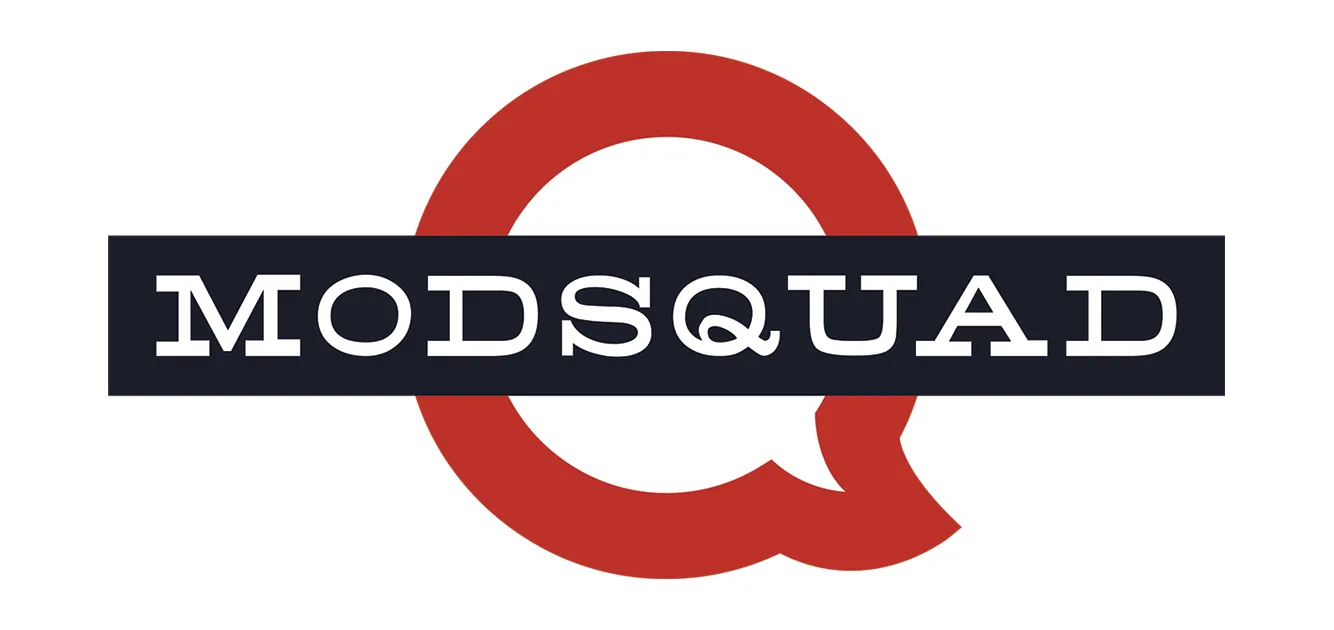
How To Ruin Your Social Media Initiatives
By Sanya Weathers
The hardest thing to see on the internet is a train wreck that could have been avoided. With the rise of real-time feedback via social media, you can detect the exact instant the wheels leave the rails. If you ever want to perform your derailment, any one of these will do. No need to try them all at once.
Territorial behavior. In order to reinforce your social media messages, you want to have all of your associated employees pulling together, retweeting, liking, sharing, etc. Marketing, PR, community, and any outsourced group or consultant you may have hired. (That’s not to say you’re all saying the same thing – then it would read as though you were all following a script.) I can always tell when one of those groups feels really strongly about “owning” the messaging. The other groups slowly stop participating, and start being extremely literal about any orders to spread the word. For a message to feel vibrant, and to let people see how excited your whole team is, everyone has to be allowed to share the message in their own way. Frankly, if the message is so nuanced and delicate that different employees CAN’T put their own stamp on things, it’s too complicated for social media.
Failure to collaborate. Social media is at its best when it’s collaborative. People take bits of information, add their own spin, and share it. The message becomes a conversation that everyone owns. It’s a classic case of misunderstanding the medium, but I still see people responsible for corporate channels treating their messages as one way only. A successful social media campaign includes both company and customers, taking the best from both and acknowledging that.
Provincial thinking. All forms of social media are global. A relentless focus on your teeny little geographic area means eventually, you’ll only have customers in your teeny little geographic area. Believe me, the money you make spends just the same no matter where it comes from.
Playing to the lowest common denominator. Yes, the lowest common denominator types like a blind gerbil on meth. If *you* type this way, you will not only not win anyone over (the lowest common denominator may be low and common, but they can tell when they’re being patronized by posers), but you’ll lose customers. Funny, but when it comes to handing over a credit card number, most people don’t feel safe unless the company in question is professional.
Copying the superficial, not the foundations. Company A sees Company B run a very successful social media campaign. Company A runs an identical campaign a week later. Company A fails to attract any interest at all, let alone participants. Why? It’s because the campaign needs to be closely related to some core value of the company, or some typical characteristic of the customer base. You can’t just copy a successful campaign, unless your product, company, and user base is closely aligned with those whom you’re copying. What’s sauce for the goose is sauce for the gander only because they’re both geese. If you must be derivative, at least know who and what you are first, and copy similar things.

